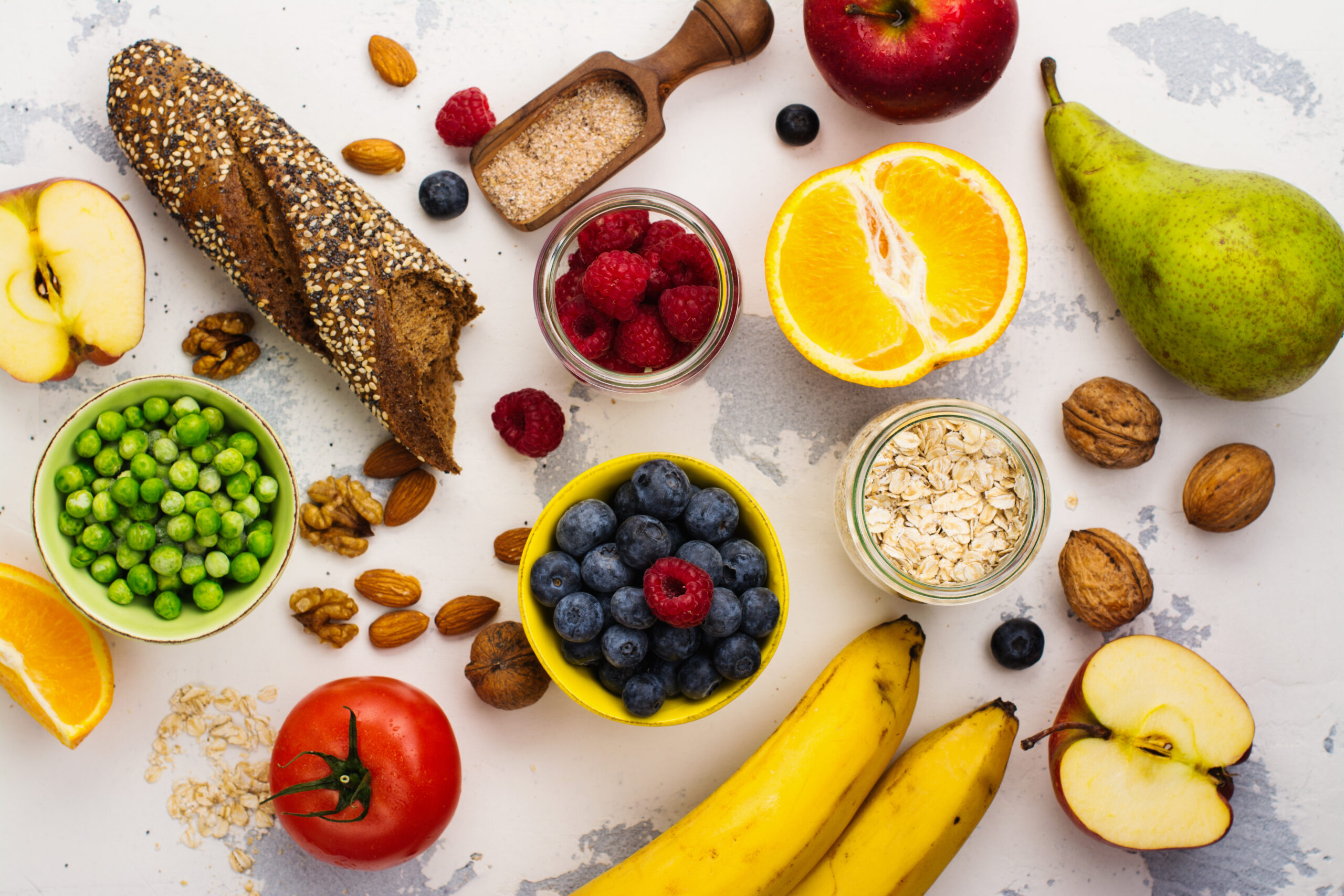If you are one of the people who eliminated carbohydrates from your diet for fear of gaining weight, or one of those who eat them out of guilt; There are several things you should know to understand how the body absorbs carbohydrates and the types there are, this will allow better decision making when eating and preventing diseases.
Dr. Carlos Jaramillo, a specialist in functional medicine, graduated from Harvard University, explains that beyond being afraid of potatoes, cassava, bananas or carbohydrates, “the important thing is to maintain a balanced diet, control the amount of carbohydrates that we consume and perform physical activity to maintain good muscle mass.”
Taking these aspects into account we can guarantee our health and prevent various diseases.
Managing carbohydrate information is key
Currently there is a lot of information on social networks that suggests that the consumption of certain foods causes weight gain, but Dr. Jaramillo warns that the answer is not so simple, because you have to know the carbohydrates to see how the quantity and the way the body processes them.
“It’s not just about counting calories, it’s about understanding how our body processes carbohydrates and how to maintain good muscle mass,” he said.

Jaramillo explains that there are three categories into which carbohydrates are divided: fibers, starches and simple sugars.
- Fibers improve digestion and the speed at which glucose is absorbed because they are not completely assimilated, and they are found in green leafy vegetables.
- Starches, which are chains of glucose that are broken down and absorbed into the bloodstream, are present in foods such as potatoes, cassava and bananas.
- And finally, simple sugars are also quickly assimilated when we find them in them, such as those in fruit or honey.

Relationship between muscle mass and carbohydrate processing
He explains that cells need glucose for energy, “and the excess is stored in the liver and muscles as glycogen.”
When we eat more than the daily requirements, “the body cannot store all the excess, which can result in weight gain.”
“The body stores excess glucose as fat when the reservoir in the liver and muscles fills,” he adds. All this energy is lost using physical activity and a good balanced diet.
Glucose storage capacity and the way our body uses it is influenced by our muscle mass. “Having larger muscle mass allows us to consume a little more carbohydrates without exceeding glucose storage.”
“In addition, training and increasing muscle mass benefit our health in multiple aspects, such as cardiovascular, hormonal and brain health, as well as the prevention of diseases such as cancer and cardiometabolic diseases.”
He also explains that as we age, it is normal to lose muscle mass, which reduces storage capacity and increases the risk of becoming overweight.
To prevent and combat obesity, specialists and scientific studies suggest adopting positive lifestyle habits, such as a balanced diet, with controlled carbohydrate consumption, with good nutritional intake, and engaging in physical activity that helps maintain muscle mass.
Keep reading:
. Keys to differentiating between processed and ultra-processed foods. Do they affect health?
. Foods that you should avoid at breakfast if you want to lose weight
. Foods that can affect mental health, according to a specialist
.
